2024年3月27日发(作者:)
淋浴房玻璃标准规范文件
英文回答:
Shower glass is an essential component of a shower
enclosure, providing both functionality and aesthetics.
There are several standard specifications and regulations
that govern the design and installation of shower glass.
These standards ensure the safety and durability of the
glass, as well as its compatibility with other shower
components.
One important standard for shower glass is the
thickness requirement. The glass used in shower enclosures
should be of a certain thickness to ensure strength and
durability. Typically, tempered glass is used for shower
enclosures due to its safety features. The thickness of the
glass can vary depending on the size and design of the
shower enclosure, but it is generally recommended to use
glass with a thickness of at least 6mm to 10mm.
Another important aspect of shower glass standards is
the requirement for safety features. Shower glass should be
made of tempered glass, which is a type of glass that is
specially treated to increase its strength. Tempered glass
is designed to break into small, less sharp pieces when
shattered, reducing the risk of injury. This is
particularly important in a shower enclosure where
accidents can happen. Additionally, the edges of the glass
should be polished or beveled to further minimize the risk
of injury.
In terms of installation, shower glass should be
properly supported and secured to ensure stability and
safety. The glass panels should be securely attached to the
shower enclosure frame or wall using appropriate hardware,
such as brackets or hinges. The installation should be
carried out by professionals who are experienced and
knowledgeable in working with shower glass. This ensures
that the glass is properly aligned, sealed, and supported.
Furthermore, there are also standards regarding the
quality and clarity of shower glass. The glass should be
free from any visible defects, such as bubbles, scratches,
or chips, that can affect its appearance and performance.
The glass should also be easy to clean and maintain, as it
is constantly exposed to water and steam. Coatings or
treatments can be applied to the glass surface to enhance
its resistance to water spots and soap scum buildup.
中文回答:
淋浴房玻璃是淋浴隔断的重要组成部分,既具备功能性又具备
美观性。有几个标准规范文件对淋浴房玻璃的设计和安装进行了规
定,以确保玻璃的安全性和耐用性,同时与其他淋浴房组件的兼容
性。
淋浴房玻璃的一个重要标准是厚度要求。淋浴隔断中使用的玻
璃应具备一定的厚度,以确保其强度和耐用性。通常情况下,由于
其安全性能,淋浴隔断中使用钢化玻璃。玻璃的厚度可以根据淋浴
隔断的尺寸和设计而有所不同,但一般建议使用厚度至少为6毫米
至10毫米的玻璃。
淋浴房玻璃标准的另一个重要方面是安全要求。淋浴房玻璃应
采用钢化玻璃,这是一种经过特殊处理以增强其强度的玻璃。钢化
玻璃在破碎时会分成较小、不那么锋利的碎片,减少了受伤的风险。
在淋浴隔断中,这一点尤为重要,因为意外事故可能发生。此外,
玻璃的边缘应进行抛光或倒角处理,进一步减少受伤的风险。
在安装方面,淋浴房玻璃应得到适当的支撑和固定,以确保稳
定性和安全性。玻璃面板应使用适当的硬件,如支架或铰链,牢固
地固定在淋浴隔断的框架或墙壁上。安装工作应由有经验和专业知
识的专业人员进行,以确保玻璃的正确对齐、密封和支撑。
此外,淋浴房玻璃的质量和透明度也有相关标准。玻璃应无任
何可见的缺陷,如气泡、划痕或破损,这些缺陷会影响玻璃的外观
和性能。由于不断接触水和蒸汽,玻璃应易于清洁和维护。可以在
玻璃表面涂覆或处理以增强其抗水渍和肥皂垢的能力。
更多推荐
玻璃,淋浴房,隔断,淋浴,进行,使用,处理,厚度


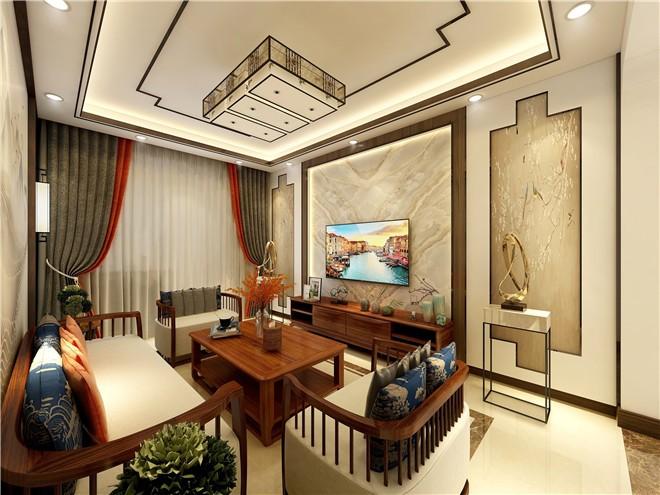



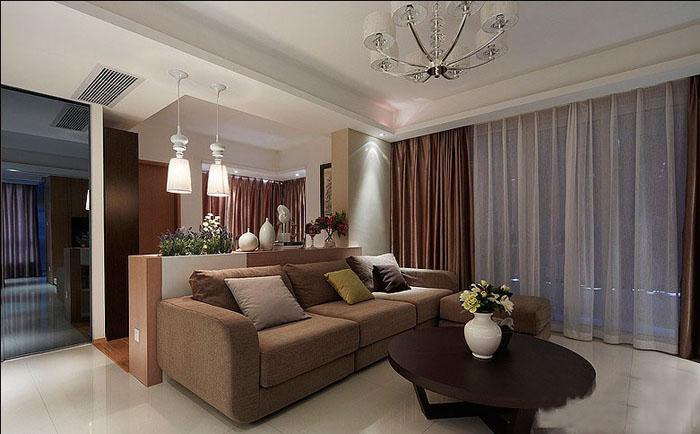
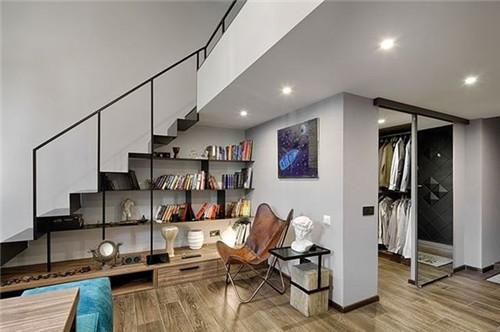


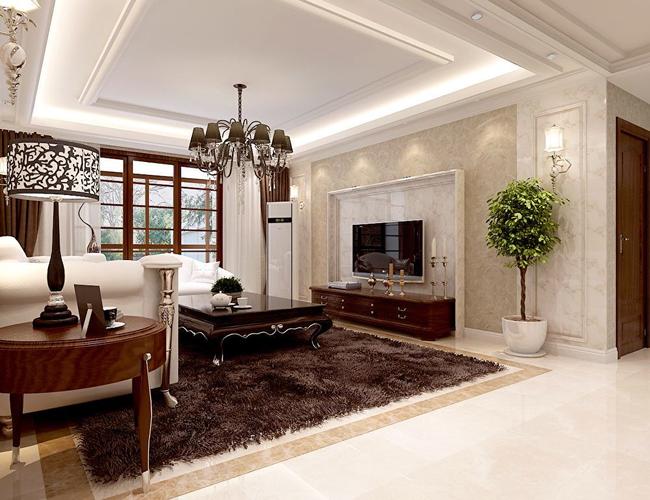
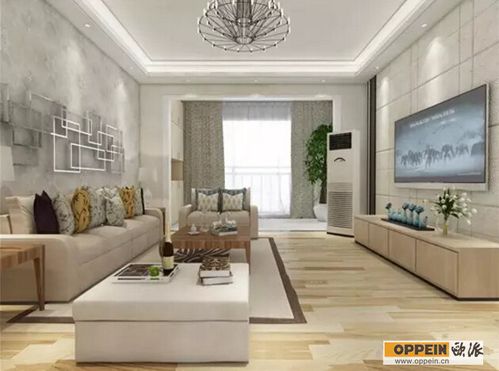

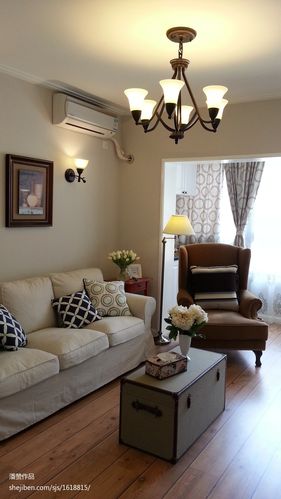
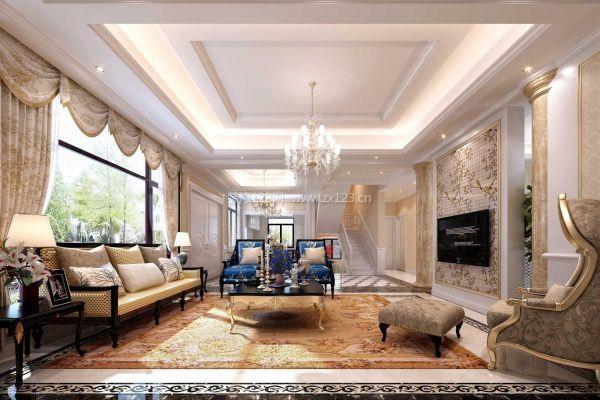
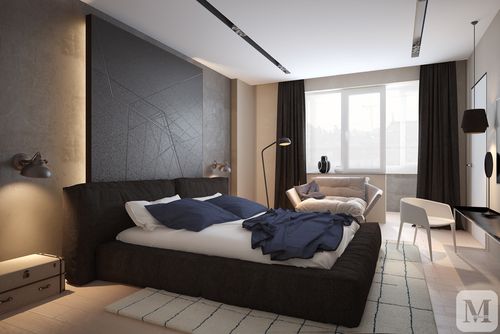
发布评论